Groundwater 101Week
JULY 14-18, 2025 | VIRTUAL

10 SESSIONS FIVE days of training
Groundwater 101 Week Committee
Kate Richards
Clay Sorensen
Hiroko Hort
Trelawney Bullis
Christopher Baker
Skyler Sorsby

JULY 14-18, 2025 | VIRTUAL

10 SESSIONS FIVE days of training
Groundwater 101 Week Committee
Kate Richards
Clay Sorensen
Hiroko Hort
Trelawney Bullis
Christopher Baker
Skyler Sorsby
14-18, 2025 | VIRTUAL
Per Session:
Member: $55
Non-Member: $75
Student Member: $20
Government/Academic/NGO: $40
All Sessions:
Member: $440
Non-Member: $600
Student Member: $160
Government/Academic/NGO: $320
New Corporate Rate! Get access to courses for your whole company at one flat rate!
Per Session: $550 All Sessions: $4,400
Premier Sponsor - $4,500
• Complementary full registration for your entire company
• Logos on introduction slides of each presentation and website
• Short promo video (2 mins max) on the registration website (and a link in Hydrovisions to it)
• Full-page Hydrovisions
• Attendee registration list
Student Sponsor - $2,000
• Complementary full registration for one
• Logos on introduction slides of each presentation and website
• Short promo video (2 mins max) on the registration website (and a link in Hydrovisions to it)
• Full-page Hydrovisions Ad
• Attendee registration list
Event Sponsor - $850
• Complementary full registration for one
• Logos on introduction slides of each presentation and website
• Half-page Hydrovisions Ad
• Attendee registration list
Session Sponsor - $500
• Complimentary registration for sponsored session
• Logos on introduction slides of each presentation and website
• Attendee registration list
Interested in sponsoring the event? Contact asmith@grac.org
JULY 14, 2025
9:00 AM - 11:00 AM
Everything is Contaminated – How to Properly Sample for PFAS
Per- and polyfluoroalkyl substances (PFAS) are a class of manufactured compounds that have been used extensively in a variety of industrial, commercial, and consumer products. As an emerging contaminant, regulations are evolving and research is ongoing. With the toxicity of certain PFAS confirmed, PFAS is being added to environmental cleanup sites as a contaminant of concern. However, many typical sampling products contain PFAS and may contaminate samples during preparation of the sampling site, sample collection, decontamination of sample equipment, or shipment and storage of samples. Given the high probability of PFAS cross-contamination, it is imperative to design and implement effective PFAS sampling procedures to ensure that environmental investigation is being conducted appropriately and that data obtained can be relied upon for making site evaluation and remediation decisions. This class will provide an overview of the current regulatory landscape that is driving an increasing amount of PFAS investigation, project setup and planning considerations that are required for PFAS projects, and a detailed discussion on PFAS sampling protocols. This talk will also review available and upcoming PFAS laboratory analytical methods and when it is appropriate to use each method, as well as quality assurance / quality control (QA/QC) considerations. Lastly, this talk will discuss current waste management options for PFAS projects.
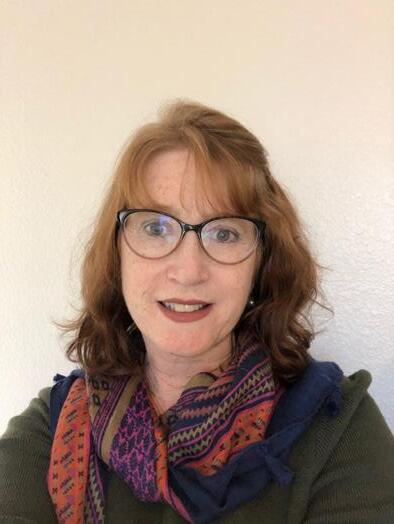
• Analytical methods
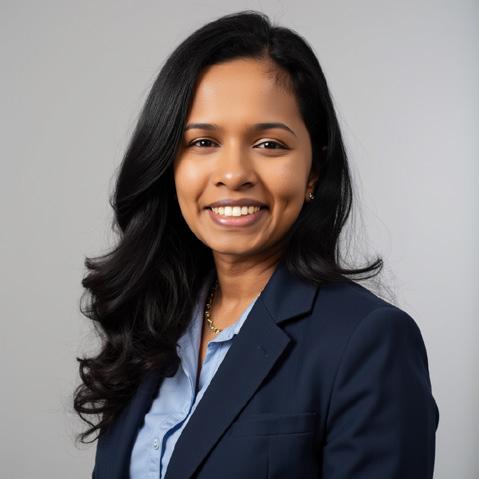
Speakers:
Michele Zych, WSP
Vidhya Ramalingam, WSP
Learning Objectives:
• Overview of the current regulatory landscape
• Project planning considerations
• PFAS sampling protocols
• Quality assurance and quality control considerations
• Waste management
1:00 PM – 3:00 PM
Basic Design Principles for Monitoring, Production, and Recharge Wells
He has nearly 40 years of experience as a professional geologist specializing in development of ground water for municipal use. Kevin was a founding member and Chair of the CA/NV AWWA Water Well Technology Committee, member of the AWWA A100 Well Standards Committee and is a current member of the CA DWR Well Standards Update Committee. Prior to joining Roscoe Moss Company, he worked as Director of Recharge Operations and as a Senior Hydrogeologist for the Orange County Water District in Fountain Valley, CA. He is a Registered Geologist in the State of California. He is also the recipient of the 2022 National Groundwater Association’s McEllhiney Distinguished Lecturer Award.


Speaker: Kevin McGillicuddy, Chief Hydrogeologist, Roscoe Moss Company
Learning Objectives:
• Gain insights into the development of groundwater resources for municipal use.
• Learn about water well standards and technological advancements from industry committees.
Analyze real-world groundwater management case studies, including recharge operations at the Orange County Water District.
JULY 15, 2025
9:00 AM - 11:00 AM
Groundwater Tracers 101
In this session, we’ll discuss how tracers, both naturally-occurring (intrinsic) and introduced (extrinsic), are applied to identify recharge water sources and to delineate groundwater flowpaths. Topics will include properties of different intrinsic and extrinsic tracers, utility of different tracers in MAR and other settings, and examples of successful applications.
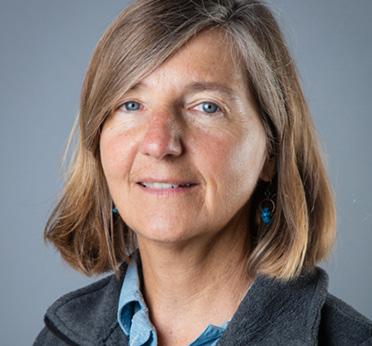
1:00 PM – 3:00 PM
Speaker: Dr. Jean Moran
Learning Objectives:
• Appreciate the breadth of available tracers for hydrogeologic studies
• Identify the important properties of tracers and how to choose a tracer for application to a hydrologic problem
• Understand the advantages and limitations of tracers, based on field examples
Aquifer Pumping Tests: Application of Practical Methodologies for Extracting Relevant and Useful Characteristics about an Aquifer and a Well Installation
The session will cover the basics associated with conducting aquifer pumping tests including: the well installation, step drawdown tests, barometric effects, aquifer test design, data collection, and data analysis. The session with explain the hydrodynamics associated with radial groundwater flow to a well and will provide a high-level discussion of the groundwater theory that underlies the different types of pumping tests analyses. Both traditional analysis methods and more advanced analysis methods better suited for complex or heterogeneous aquifers will be explained. The second half of the session will discuss case examples where aquifer test data is presented and analyzed. The case examples will include applications of borehole flowmeter techniques to characterize the three-dimensional aspects of groundwater flow that could be important for efficient well design, for optimizing well field operations, and for better characterization of flow and transport processes.
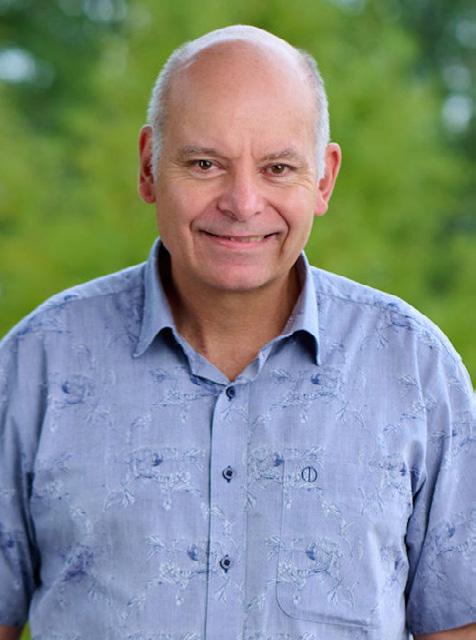
Speaker:
Steven Young, Ph.D., PE, PG, INTERA Incorporated
Learning Objectives:
• Learn the principals of aquifer pumping tests
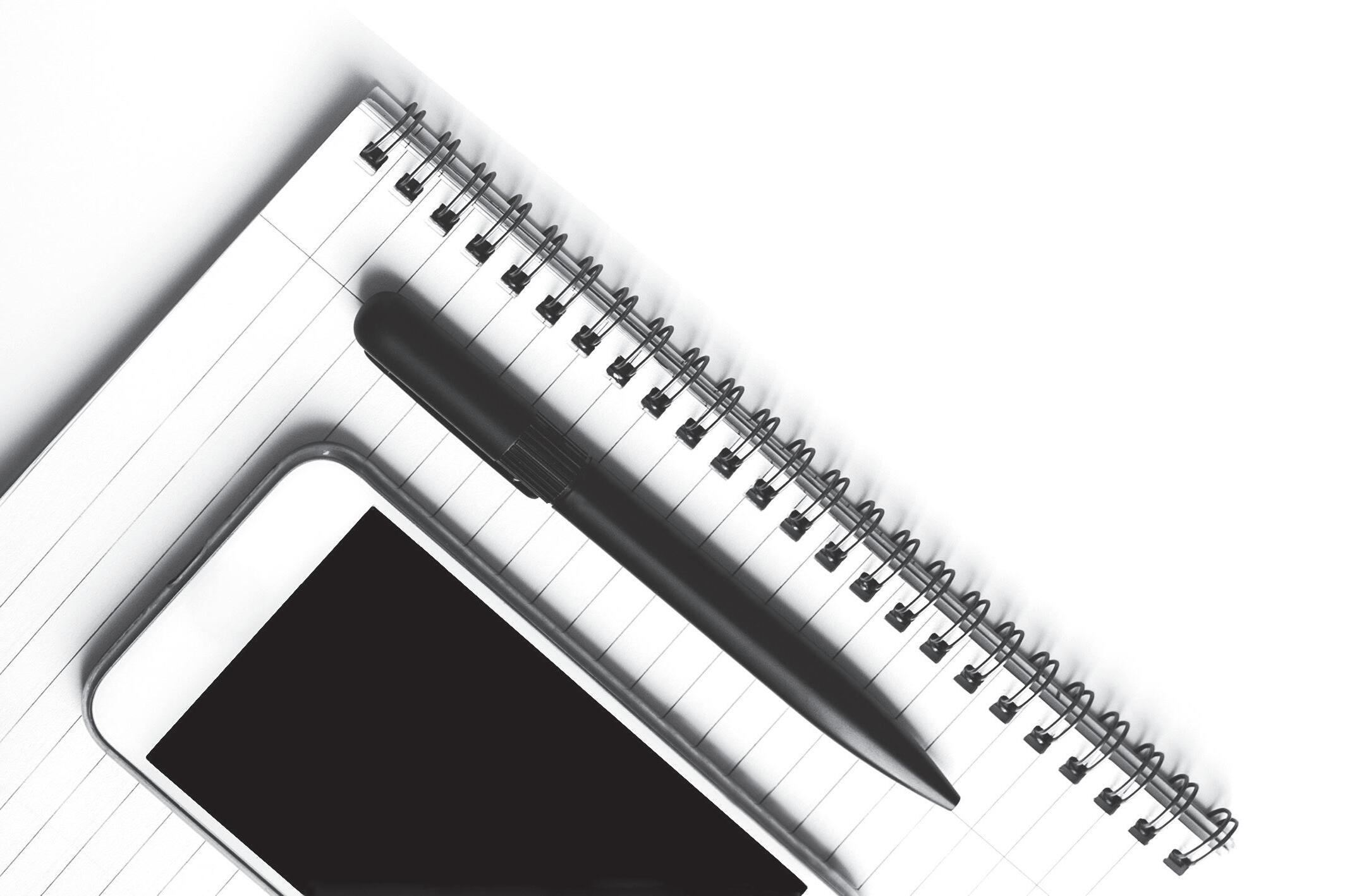
Review theory underyling pumping tests and data analysis methods for different

JULY 16, 2025
9:00 AM - 11:00 AM
Python and FloPy Workflows for Groundwater Modeling
Python is a popular programming language that can be used by hydrogeologists to automate repetitive tasks, perform scientific analyses, create publication-quality graphics, and develop graphical animations of scientific data and model results. The purpose of this 2-hour workshop is to introduce participants to FloPy, a Python package for creating, running, and post-processing MODFLOW-based groundwater models. Participants will be provided with software installation instructions prior to the workshop session. Following a brief introduction, the workshop session will focus on live demonstrations of Python and FloPy workflows for performing common groundwater modeling tasks.
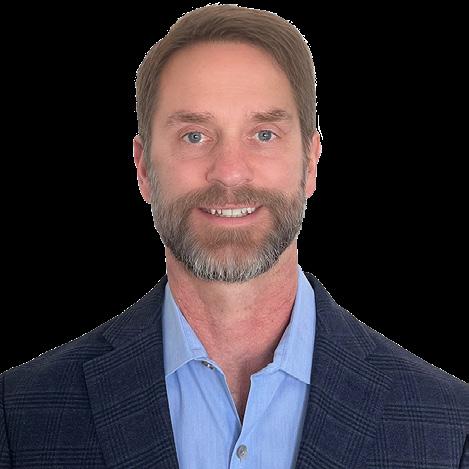
1:00 PM – 3:00 PM
Speaker: Christian Langevin, PhD
Learning Objectives:
• Learn how to install and use the Python FloPy package for working with MODFLOW-based groundwater models
• Learn how to develop a simple groundwater model from scratch using FloPy
• Learn how to load an existing model and examine model properties and results
AI for Water Resources
Cursor AI is a free and user-friendly AI tool designed to support programming, making it especially valuable for scientific and modeling tasks. When used in combination with Flopy, a Python library for working with MODFLOW models, Cursor AI can greatly facilitate both the pre- and post-processing of MODFLOW files. It helps users write, edit, and understand code more efficiently by providing intelligent suggestions, automating repetitive tasks, and offering natural language support. This combination streamlines data preparation, model setup, simulation analysis, and result visualization, making groundwater modeling more accessible and efficient for both beginners and experienced users.
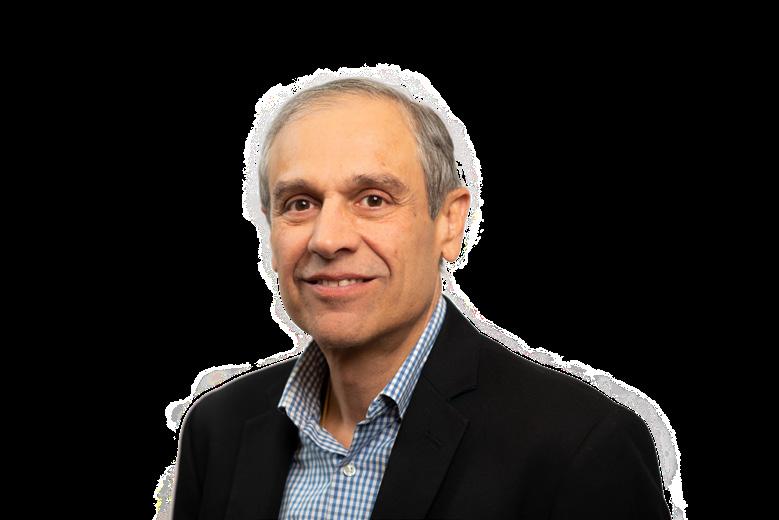
Speaker: Sorab Panday
Learning Objectives:
Enhanced Productivity Through Automation
Simplified Programming with Natural Language
Improved Analysis and Model Management

9:00 AM - 11:00 AM
Technical Writing & Presentation Development 101
Effective communication of technical information is a vital skill for water industry professionals in both public and private sectors. Most project deliverables include a written technical memo or report, which can range from a couple to several thousand pages depending on the nature of the project. In addition to written deliverables, technical staff are often required to present project updates and/or conclusions to clients, public agency boards, stakeholders, and other water industry professionals (for example, at the 2024 Western Groundwater Congress being held October 7-9th at Lake Tahoe, CA). The first half of this course will focus on general approaches for writing and organizing technical documents, while the second half of the course will focus on preparing and delivering oral presentations. Differences between the two mediums will be discussed, with tips and tricks for each provided.

1:00 PM – 3:00 PM
Speaker:
Gus Tolley, PhD, Daniel B. Stephens & Associates, Inc
Learning Objectives:
• Fundamental technical writing tips
• Presentation development tips
• Oral presentation delivery/audience engagement tips
• Differences in overall approach between writing and oral presentations in technical field
An Introduction to Borehole Geophysics and Its Applications
“Borehole geophysics is a powerful technique for characterizing the subsurface environment in new or existing wells. It involves measuring various physical properties of rocks and soils using downhole instruments and sensors. These measurements can provide information on the lithology, porosity, permeability, and other important properties of the subsurface, which is crucial for a variety of applications such as groundwater exploration, environmental remediation, and geotechnical investigations.
The field of borehole geophysics is undergoing a significant evolution, driven by advancements in digital data acquisition systems, sophisticated processing software, and increasingly miniaturized and robust probe designs. This progress has led to a proliferation of downhole tools that are now considered standard in many subsurface investigations such as acoustic televiewers and electrical resistivity logs while other more advanced methods, such as nuclear magnetic resonance, continue to be adapted for a wider range of applications and site conditions. Consequently, borehole geophysics is no longer a niche technique but is becoming a fundamental component of site characterization. This expanding toolkit and its broader application underscore the urgent need for geoscientists and engineers at all levels to develop a comprehensive understanding of the capabilities and limitations of the specific tools they employ.
This course will cover when and where to use downhole geophysics, broad types and applications of downhole geophysical probes, best practices when developing a survey, overview of borehole geophysics deliverables, and some case studies and lessons learned in the field.

Speaker: Nick Rebman, Collier Geophysics
Learning Objectives:
• When and where to use geophysics
• Applications of geophysical probes
• Review of geophysical logs and how to interpret them

JULY 18, 2025
9:00 AM - 11:00 AM
Groundwater Quality 101
This course provides an introduction to groundwater quality, focusing on the occurrence, distribution, and fate of contaminants in subsurface environments. Students will explore both natural and anthropogenic sources of groundwater contamination, examine key water quality indicators and major contaminant classes—including nutrients, metals, organics, and emerging pollutants—and learn how hydrogeologic and geochemical conditions influence water quality. The course also covers groundwater sampling techniques, data interpretation, and regulatory frameworks such as U.S. EPA drinking water standards and California’s Sustainable Groundwater Management Act (SGMA). Emphasis will be placed on the practical application of water quality data for groundwater protection, monitoring programs, and sustainability planning.
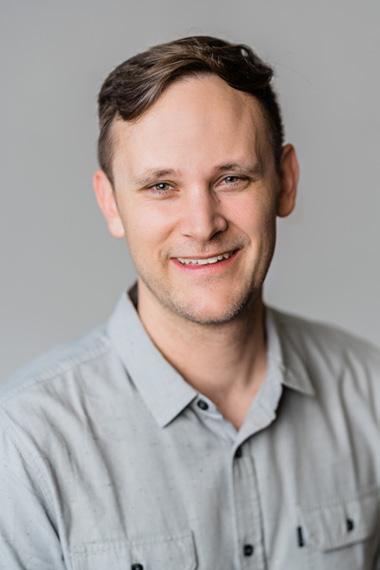
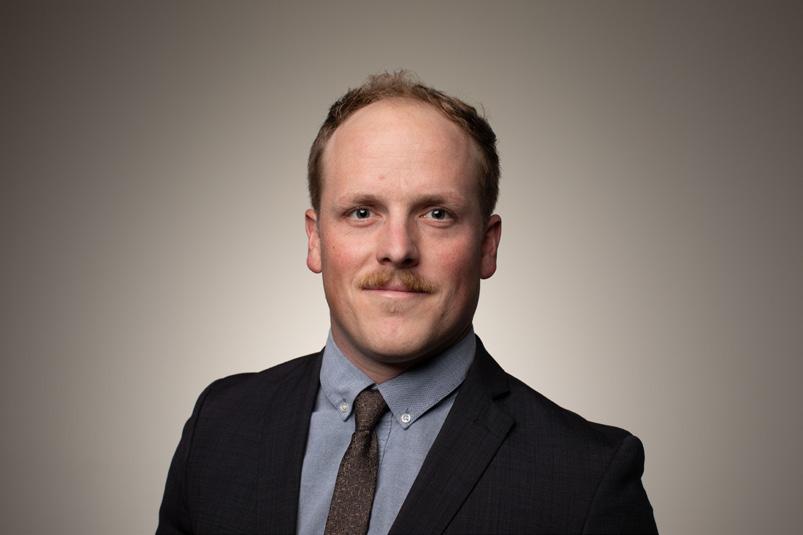
Speakers:
Michael Schaefer, PhD
Clay Sorensen, PG, CHG, West Yost
Learning Objectives:
Understanding occurrence and distribution of groundwater contaminants/constituents
Major contaminants and water quality indicators
Monitoring, standards, and groundwater protection frameworks, including QA/QC and visualization of groundwater quality datasets
1:00 PM – 3:00 PM
Designing a MODFLOW Grid to Meet Project Objectives: Alternative Styles and Approaches
In the early days of MODFLOW modeling, the numerical grid always consisted of a set of square and rectangular blocks arranged in rows and columns. The only option was whether to use a regular or irregular grid pattern. Since the introduction of MODFLOW-USG and later MODFLOW6, the choice of gridding styles has increased dramatically. This lecture will explore the differences between the various mesh types, including the original rectangular, nested, quadtree, quadpatch, Voronoi, and triangular grid patterns. The pros and cons of each style will be discussed, along with demonstrations of how to design these mesh types in Groundwater Vistas and python (flowpy). A companion tutorial document will be provided for the student to practice on their own time.
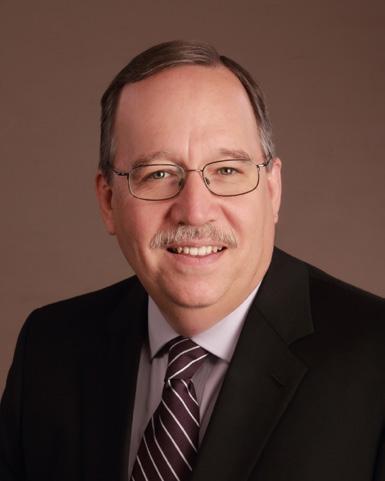

Speaker:
James O. Rumbaugh, III
Learning Objectives:
• Gain insights into deciding on the optimum mesh style.
• Learn how to use Groundwater Vistas and python to create each grid type
• Understand the benefits of each grid type
JULY 14-18, 2025 | VIRTUAL

Thank You To Our Sponsors
SESSION SPONSOR
ANNUAL SPONSORS
CORPORATE SPONSORS
EVENT SPONSORS

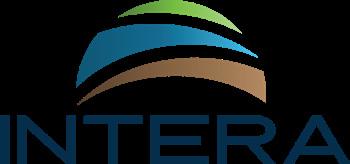
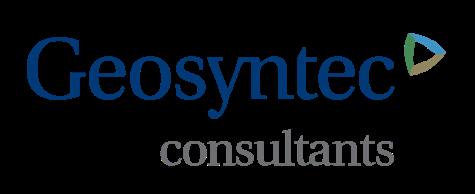

COMMUNICATIONS SPONSOR





OTHER SPONSOR